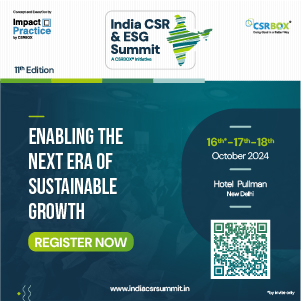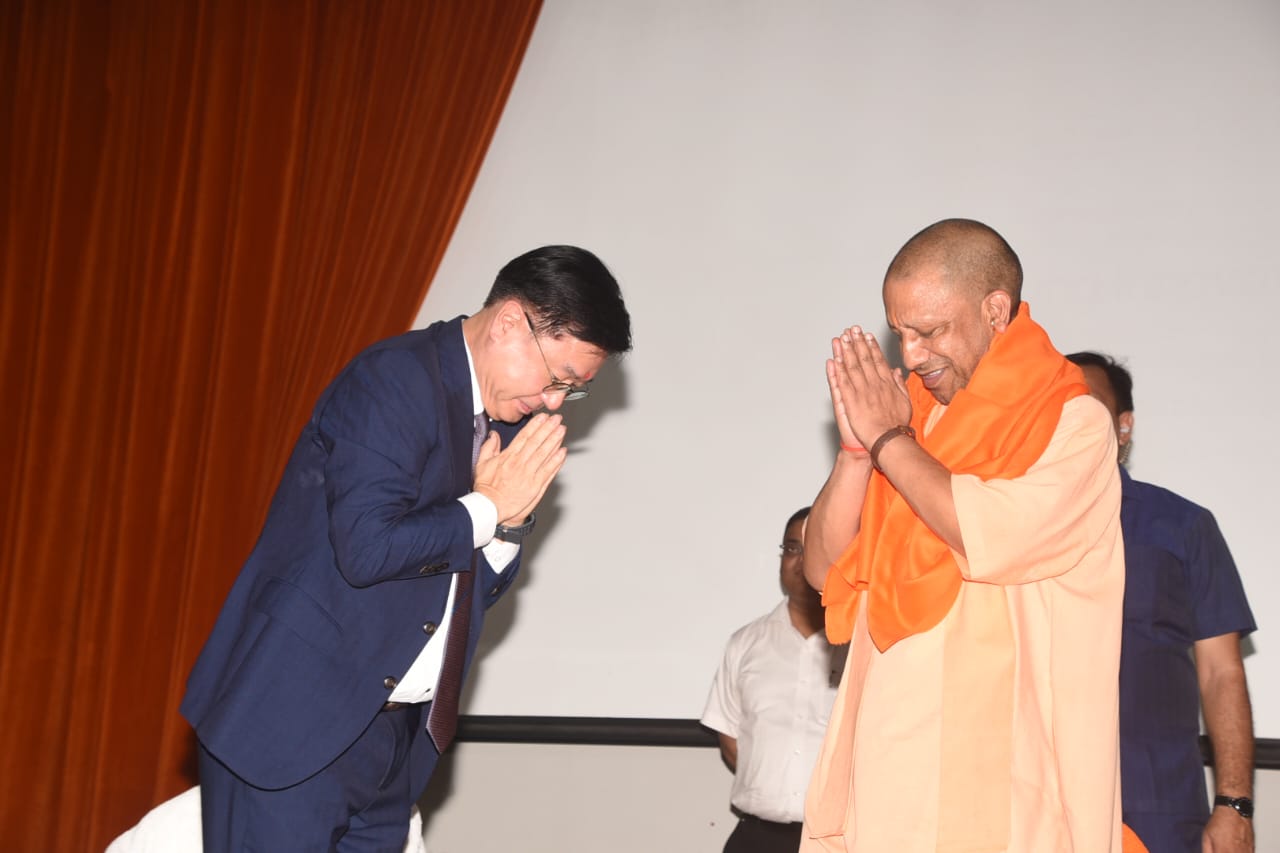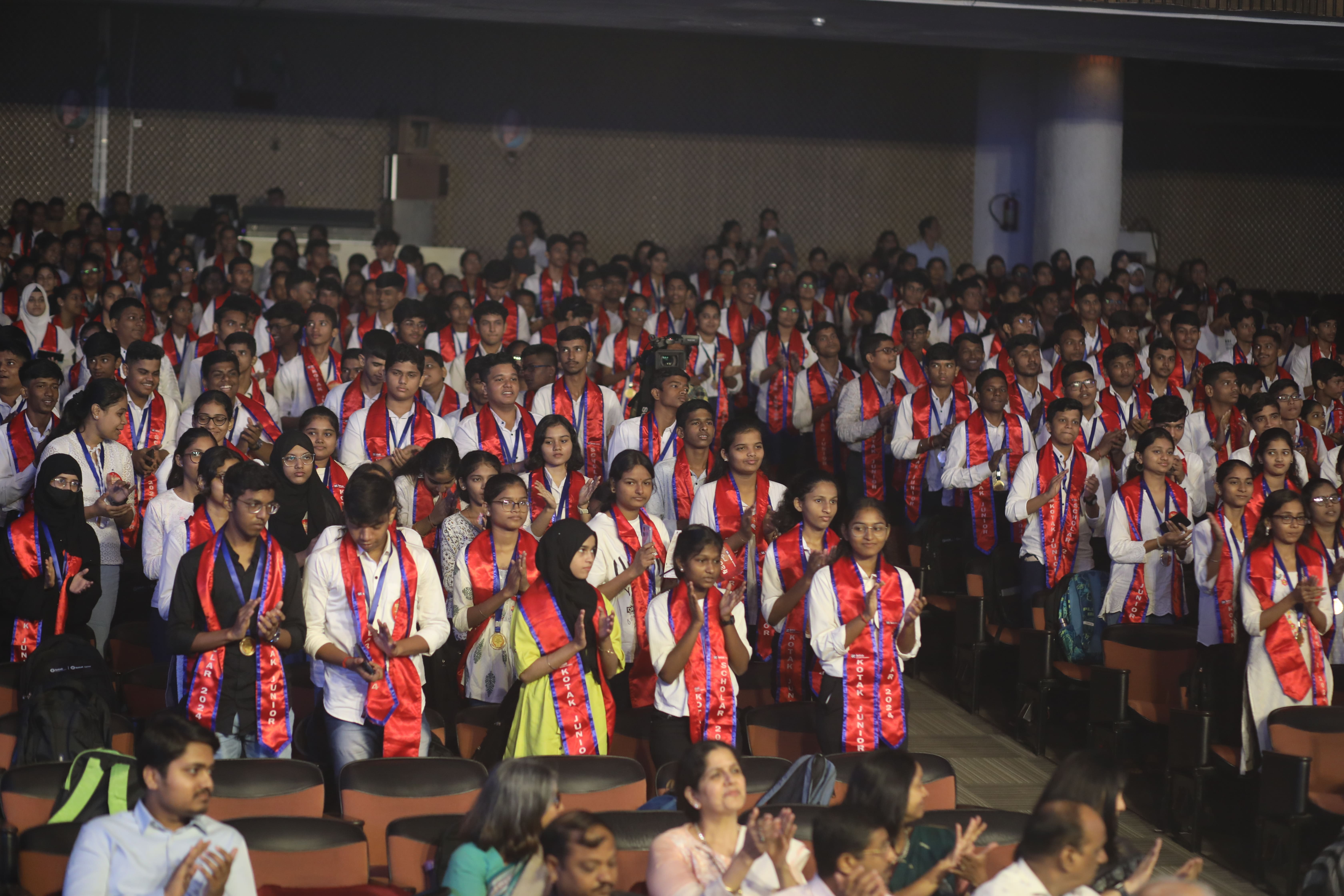Subscribe our Weekly Newsletter
Applications Invited for Health Systems Strengthening (HSS) Activity

Organization: United States Agency for International Development (USAID), India
Apply By: 29 Oct 2024
Grant Amount: 20000000 USD
About the Organization
USAID leads international development and humanitarian efforts to save lives, reduce poverty, strengthen democratic governance and help people progress beyond assistance.
U.S. foreign assistance has always had the twofold purpose of furthering America's interests while improving lives in the developing world. USAID carries out U.S. foreign policy by promoting broad-scale human progress at the same time it expands stable, free societies, creates markets and trade partners for the United States, and fosters good will abroad.
USAID works in over 100 countries to:
- Promote Global Health
- Support Global Stability
- Provide Humanitarian Assistance
- Catalyze Innovation and Partnership
- Empower Women and Girls
About the Grant
India’s growth, dynamism and human capital provides unique opportunities for USAID engagement, unlike those found anywhere else in the world. It provides the agency with a roadmap of how to transition health programming in emerging economies, especially in ecologically fragile subregions, whilst continuing to promote the agency priorities of diversity, equity and inclusion, localization, using technology responsibly and engaging the private sector for development objectives.
This Health Systems Strengthening (HSS) activity aims to transform USAID’s traditional assistance to the Government of India (GoI) on cross-cutting health systems strengthening, signaling the transition in the US India partnership in health by strengthening platforms and institutions in the public and private sector to accelerate and scale innovative development approaches that are inclusive, sustainable and leverage digital health technologies. The purpose of the activity is to accelerate and scale up, and not incubate and seed, innovative approaches to increasing access and reducing out-of-pocket expenditure on healthcare in India.
This activity will focus on vulnerable and marginalized communities in India, including those in urban areas, with the aim of expanding equitable access to comprehensive primary healthcare, strengthening the continuum of care, and advancing progress towards universal health coverage. This acceleration of innovative models and approaches, especially in the private sector, will be assisted by risk underwriting from the US International Development Finance Corporation (DFC) and other bilateral/multilateral financial institutions. This activity will move away from traditional models of assistance and focus on building and growing connections between government institutions and systems, existing platforms within the private sector, and networks of nonprofit entities and community-based organizations. The activity will also explore how experience and innovations from India can strengthen comprehensive primary healthcare (CPHC) around the world, adopting a platforms-based approach to take Indian healthcare innovations to other partner countries globally.
Problem Statement:
In the post COVID-19 pandemic era, the central challenge, globally and in India, is ensuring inclusive public and private health systems are resilient, inclusive, and responsive, particularly at the foundational primary care level. The significant progress made towards the quality and reach of health services over recent years experienced significant backsliding during the pandemic in all areas exacerbating inequities. Over the coming years, climate related health challenges including extreme weather events shifting patterns of disease epidemiology have the potential to further curtail progress towards universal health coverage. Taken together, these demonstrate the need for a resilient health system capable and resourced to address existing challenges while managing new predictable and unpredictable ones. The government of India has allocated significant resources to improve health outcomes, but capacities of different states and municipal health authorities vary in their ability to deliver on these expenditure and budget utilization commitments.
Public healthcare access and services have expanded via the suite of initiatives offered under GoI’s Ayushman Bharat program. Nevertheless, there remain gaps in geographic coverage, ease of access and acceptability especially by marginalized groups like tribal and LGBTQ communities, cost coverage, quality of care, and the integration of care between primary care “health and wellness centers” (HWC’s) and higher-level facilities. HWC’s are also limited in their ability to deliver care for non-communicable diseases that are the major causes of mortality among people aged below 50 years, mental health services, and preventive care (i.e. “wellness” services) to the communities which they serve. While the government rolls out the HWCs, they are looking at innovative models and technical assistance on how to integrate lateral programs of services delivery, include wellness, address mental health, and integrate community and environmental surveillance at the HWC level. In urban areas, the government is actively looking for insights and understanding on how to address urban healthcare needs including wellness more effectively particularly leveraging digital health wherever feasible.
The private sector is significant in terms of health care delivery and health ecosystem. As compared to the government health system of approximately $30 billion, the private healthcare market in India is approximately $300 billion and at 16% growth per year, is the fastest growing segment. This private health sector also reaches out globally in terms of pharma, health tech, and manufacturing, while looking to expand into education and human resources for health (HRH). On the other hand, despite the global reach of the Indian private health sector, the consumer of healthcare domestically still struggles to get affordable and quality healthcare, particularly those that are vulnerable and marginalized.
Key Challenges:
- The lasting effects of the pandemic on the health system
- Shifting disease and demographics
- Challenges in urban health
- The healthcare ecosystem’s ability to deliver
- Challenges to inclusivity
- Climate change and its effects on health and the healthcare ecosystem
Partnering with other USAID projects:
Principles Ecosys India Progress The HSS activity will work with ongoing and future USAID projects and activities, in the priority geographies, for better coordination and synergies. This will provide the opportunity to build on the HSS work done during the pandemic and harness the opportunities created by surges in innovation and investments in health solutions, to make the health system better equipped to face known and unknown challenges whilst sharing successes with the world.
Coordination with other USAID projects and activities will include, but is not limited to, the following:
- Building on the primary healthcare support to the government provided by the NISHTHA project, especially in the northeastern and the central Indian states;
- Leveraging the network of secondary and tertiary health facilities, including laboratory networks under the RISE and Global Health Security (GHS) projects;
- Developing synergies with the climate and health activity to be undertaken under two local works activities;
- Working with USAID’s HIV projects to support the PLHIV community-led micro social enterprises;
- Assisting scale up of innovations supported under TB, GHS, MCH and FP projects including access to appropriate capital from financial market platforms like impact investment platforms and the Social Stock Exchange;
- Leveraging the SAMRIDH blended finance arrangement to help scale business and product solutions that can reduce OOPE on health and improve access to care, especially for marginalized and vulnerable communities;
- Working with USAID’s TB and HIV projects to accelerate coverage of out-patient care and comorbidities for TB and HIV patients.
- Developing synergies with USAID projects funded by Development Partnerships and Innovations Office (DPIO) like the REVIVE project, and also programs on WASH, Education, Energy, and Climate supported by the General Development Office (GDO).
- For taking some of the innovations globally, partnering with activities of USAID’s Indo Pacific Office (IPO).
Priority Geographies:
As this activity will prioritize acceleration, scale-up and institutionalization of innovative approaches, while leveraging public and private platforms and resources, it will build on innovative approaches and platforms already being developed and tested by existing USAID projects. Working with these existing USAID projects and activities will necessitate working in the geographies where these activities are present. This will cover the northeastern states - particularly Assam, the central Indian states of Odisha, Jharkhand, Madhya Pradesh, and Chhattisgarh, and urban areas including tier-2 and tier-3 towns and mega urban conglomerates like Mumbai, Delhi and Bengaluru. Prioritizing these geographies does not mean that the HSS activity should undertake routine health systems activities in these states, but rather that it should source innovative approaches showing promise in these states and leverage government and private sector institutions and platforms to take them to scale regionally and nationally, while sharing relevant knowledge and resources for how to scale these approaches with a global audience.
Eligibility
- Eligibility is open to all U.S., local, and international non governmental organizations.
How to Apply
Current Closing Date for Applications: Oct 29, 2024.
For more information please check the Link
Latest Online Store
Latest Tenders And EOIs
Latest News
© Renalysis Consultants Pvt Ltd


 XLRI.jpg)






















 (1).jpeg)